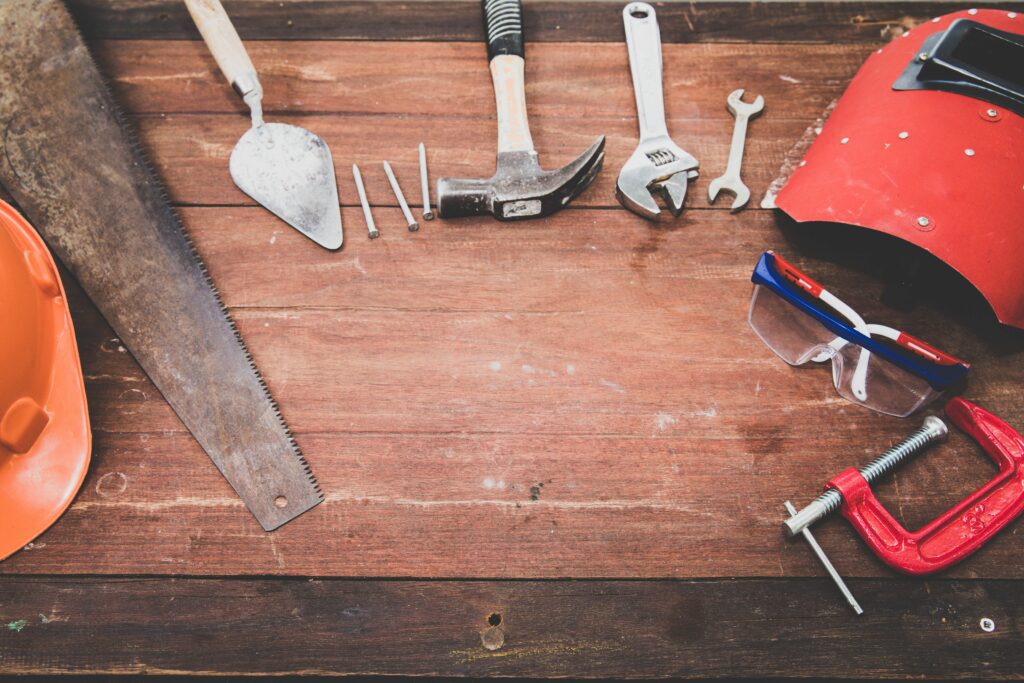
An Overview of Timber for DIY Projects
As one of the leading timber suppliers in Brisbane and Sydney, we have provided a lot of timber for DIY projects. We are always trying to help educate people who want to do DIY projects; they are the backbone of Australia in many ways. We have an extremely knowledgeable customer service staff and some great online resources for a number of projects.
Today, we would like to provide you with a general guide for selecting and working with timber on DIY projects. The most important part of any DIY project may be choosing the right materials. Here are some great general guidelines for selecting and working with timber.
Varieties of Timber
Engineered Timber
Engineered timber isn’t solid timber but it can be useful for some projects.
Veneers
Veneers are sections of timber that have been sliced or “peeled” from solid timber. They provide the appearance of solid timber but without the labour or cost of solid timber. While we like veneers for some projects, they do not provide the structural or insulative properties of solid timber. You will see veneers used for kitchen cabinetry, floating floors, commercial furniture and as a “meatier” version of “wallpaper.”
Plywood
Plywood is a series of timber veneers that are glued and pressed together. To provide a strength element, the grains run in opposite directions from layer to layer. Bracing plywood is so strong that it can provide structural integrity for 50 years and even longer. The varieties of timber and the glues used to keep the plywood together can be adjusted to provide varying forms of strength, thickness and resistance to moisture.
Laminated Timber
Laminated timber is like plywood but stronger. It is used for structural beams.
Reconstituted Timber Products
Some of these are great but they have no solid timber. They are made of chips, particles and glue. They include particleboard, Masonite, chipboard and fibreboard. We don’t handle a lot of this but we do have some particleboard flooring that makes a great substrate layer to which you can attach hardwood, T&G flooring.
Solid Timber
While we do carry engineered timber, solid timber is the foundation of Narangba Timbers. Solid timber provides strength, durability and insulation to a structure such as a house, a shed or a deck.
Hardwood vs Softwood
Solid timber is separated into two groups: hardwood and softwood.
Softwood is easy to work with but doesn’t always provide the durability and strength needed for many projects. For some reason, softwood doesn’t always provide a great appearance. Hardwood is heavier, stronger and has a better “look.” It is basically stronger, more durable and usually provides more of the natural beauty we expect out of timber projects.
Softwoods are usually from the coniferous or pine family. While they are classified as softwood, white cypress is actually harder than a few hardwoods. They are used mostly for indoor applications not involving structure. Softwoods are also “soft” in colour and don’t provide the aesthetic that often makes timber so desirable.
Hardwoods are pretty much everything that isn’t in the pine family. They are used for outdoor and structural applications. They are available in four durability classes, 1 (highest) through 4 (lowest). Class 1 hardwoods have a life expectancy of 25 years or more in the ground. Class 2 hardwoods have a life expectancy of 15 years or more. We don’t carry any timber that isn’t at least a Class 2.
Timber Decking
Our favourite hardwood for decking is Merbau, also called Kwila. Jarrah and Spotted Gum are also popular. We carry Mixed Australian Hardwood, which is built for structural integrity. ACQ Treated Pine is also an option.
Timber Flooring
While pine is sometimes used for flooring, hardwood is the most popular choice. It is durable and less likely to be marred. Varieties include Blackbutt, Ironbark, Australian Beech, Spotted Gum Red Mahogany and more. They have various grains and colours; we recommend coming in and looking at samples.
Timber Fencing
Timber fencing is all done with CCA Treated Pine or CCA Treated Hardwood. The treatment is necessary because of termites. CCA treated timber is allowed for fencing but not for decking or flooring because people and animals come in constant contact with decking and flooring and the treatment can be mildly toxic with chronic exposure.
Call Narangba Timbers Today
To learn more, visit or call us today on 1300 477 024.